It is unfortunate, but travel scams are commonplace. If you get caught out by a scam, you can tell yourself it’s probably because you are such a nice person that you don’t suspect other people. But it is much better if you are aware of the scams and can avoid them.
Some scams are worldwide, but often, a particular scam is prevalent in a particular area, so check online for what others report as common local scams.
When they tried to scam us
Before our holiday to Jordan, I read that the ticket man at a castle often gave too little change. So, when we went there, we were prepared. We paid for our ticket and were given some change, and the man looked at us. Usually, this is the point where you walk away, but we didn’t. Instead, we looked at our change and back at the man. Then, incredibly slowly, the man gave us some more notes.
I want to thank the person who wrote about this scam. We were not familiar with the currency, and we wouldn’t have been aware we had been ripped off if we hadn’t gotten the tip.
Accommodation scam
Booking accommodation abroad and finding it doesn’t exist is probably the most upsetting holiday scam. You can lose a lot of money; some people don’t know it is a scam until they arrive in the country. About ¼ of all travel scams involve accommodation. From the con man’s point of view, it is an excellent scam as it can be months before a person discovers they have been scammed, and they can get lots of money.
When booking accommodation online –
- Don’t pay by bank transfer, cash or cheque. If they give you a good reason to pay this way, it is a lie: run away fast. If booking through Airbnb using their secure payment portal. Log onto it directly, not through someone else’s email.
- If booking with Airbnb or similar companies, never make contact through the host’s personal channels; always stick to the official channels. Use the secure messaging service, and don’t trust anyone who doesn’t use this.
- Research very carefully. Check Google Maps to see whether the place exists and looks like a holiday home. Do online research to uncover anything you can about the accommodation. Do the accommodation providers provide phone numbers that people answer? Is the website new? Does the local tourist office know about this accommodation? After you paid the deposit, does the accommodation show it is unavailable for those dates?
- The safest way to rent a villa abroad is to use a well-known company with ABTA protection. You might not get the best deal, but you get peace of mind.
- If the price is too good to be true, it probably is too good to be true.
The distraction scam
There are many scams where people try to distract you and then steal from you.
Ways to distract you.
- Pushes a map in your hand and asks you for directions.
- Drop a few coins or shopping in front of you.
- Offer to clean bird poo off your coat (their friend squirted on you).
- You watch a shell game (when a ball is hidden under a cup).
What should you do-
- Put your hands in your pockets or over your valuables. Move backpacks and handbags in front of you and hold them tight. Never let anyone clean your coat.
Taxi scams
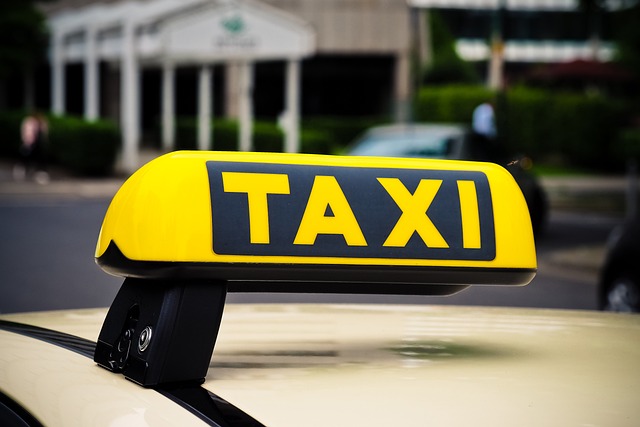
Being scammed by a taxi driver is commonplace and happens everywhere. However, some of my most interesting conversations have been with taxi drivers.
Common scams
- You get told the meter doesn’t work or has stopped working, and the driver then makes up his inflated price.
- The driver takes you the long way to your destination.
- The driver tells you he doesn’t have any change.
- The taxi driver tells you your hotel or restaurant is closed and takes you to another one, which he receives a commission for or is a lot further away.
- You pay the taxi driver, then get out of the taxi and walk around the boot to get your bags out. The taxi driver drives off with your bags.
- Express kidnapping- this is when a person is kidnapped and taken to a cash point and forced to make a withdrawal and hand the money over.
What should you do-
- Find out roughly how much your journey should cost. Your hotel or online research might help you. However, you might legitimately be charged more at a different time of the day, on public holidays, if you have suitcases, if the driver uses a toll road, or at an airport.
- Negotiate the price before you drive off if the meter doesn’t work. If it stops mid-journey, tell the driver you will get another taxi.
- Use your phone to follow the route your taxi is taking.
- Always carry small coins to pay for taxis.
- Don’t let the driver take you somewhere different. If they say it is closed, tell them you are meeting someone there.
- Don’t get out of a taxi before the driver if you have suitcases in the boot.
- Stick to official taxis and taxis arranged by your hotel in areas where express kidnappings occur. In Ecuador, the tourist police will help you get a taxi. They were very friendly and helpful when we needed a taxi from a major tourist site.
- Ubers and other transport companies can be very useful; you don’t have to deal with foreign currency or work out where you are, and they can be cheaper than official taxis.
However, our Uber driver in Brazil only had one eye; his worrying driving and the dented state of his car showed that two eyes are preferable. After that trip we took only used official taxis in Brazil.
Wrong change
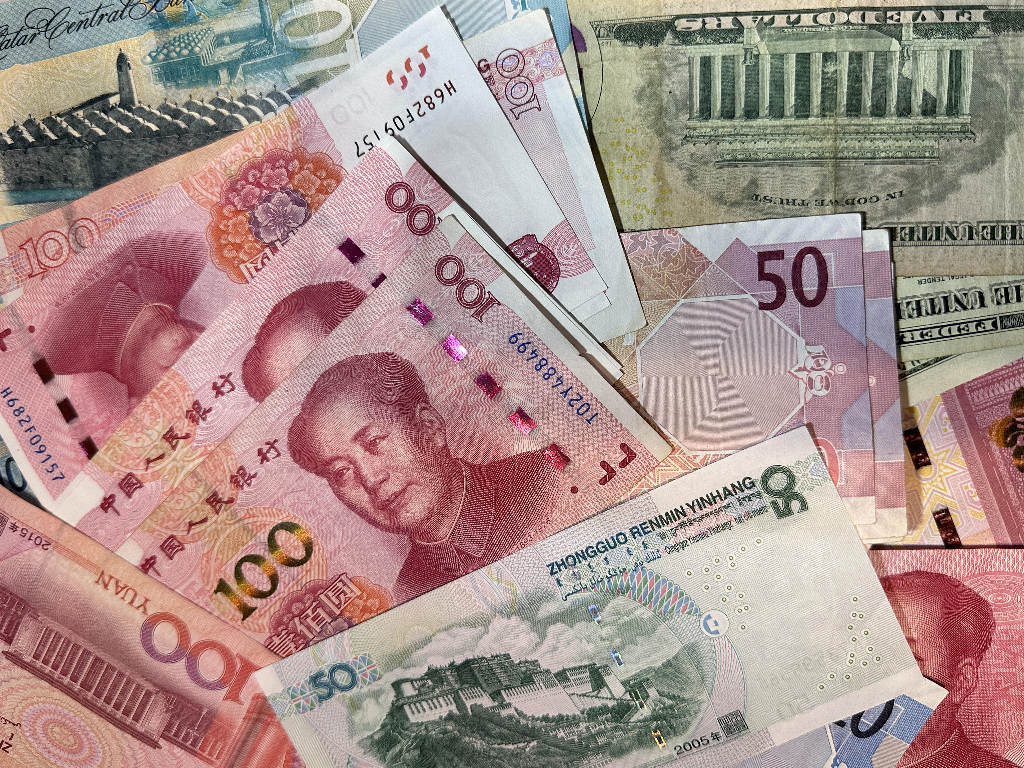
Scams when giving change include being given-
- Fake money.
- Out of date money.
- A different country’s currency.
- The wrong amount of change
- Torn notes
What should you do-
- If possible, avoid using cash altogether; use a credit card or contactless payment method.
- Know what the currency looks like before arriving in the country and download a copy onto your phone.
- Try to give the right amount of money so you don’t need much change.
- Work out how much change you should get back and look at the copy on your phone to know what it should look like.
- Take your time to check your change.
- Don’t accept dirty or torn notes; you won’t be able to use them in some countries.
- When handing over large notes, remember to say what it is. Then the person can’t claim you gave them a smaller note
Rental Scam
Scams when renting scooters or jet skis are commonplace in Asia, especially in countries like Thailand. You rent a scooter or jet ski and hand over your driving license or passport as security. When you return the item, they claim you have damaged it and demand a big payment.
I have heard of jet skis being very dirty, and it wasn’t until they got wet and clean that huge cracks could be seen.
What should you do-
- Rent equipment from a place with a good reputation; you can always ask at your hotel.
- Check the equipment out the way you would if hiring a car. If you see any damage, photograph it and tell the owner.
- If possible, leave a photocopy of your driver’s license, not your original one. They expect you to leave your driver’s license as security, but you only need to leave it as proof of who you are, so a photocopy should do.
- Never leave your passport as security if you can leave a driver’s license.
.
Fake tours and tickets
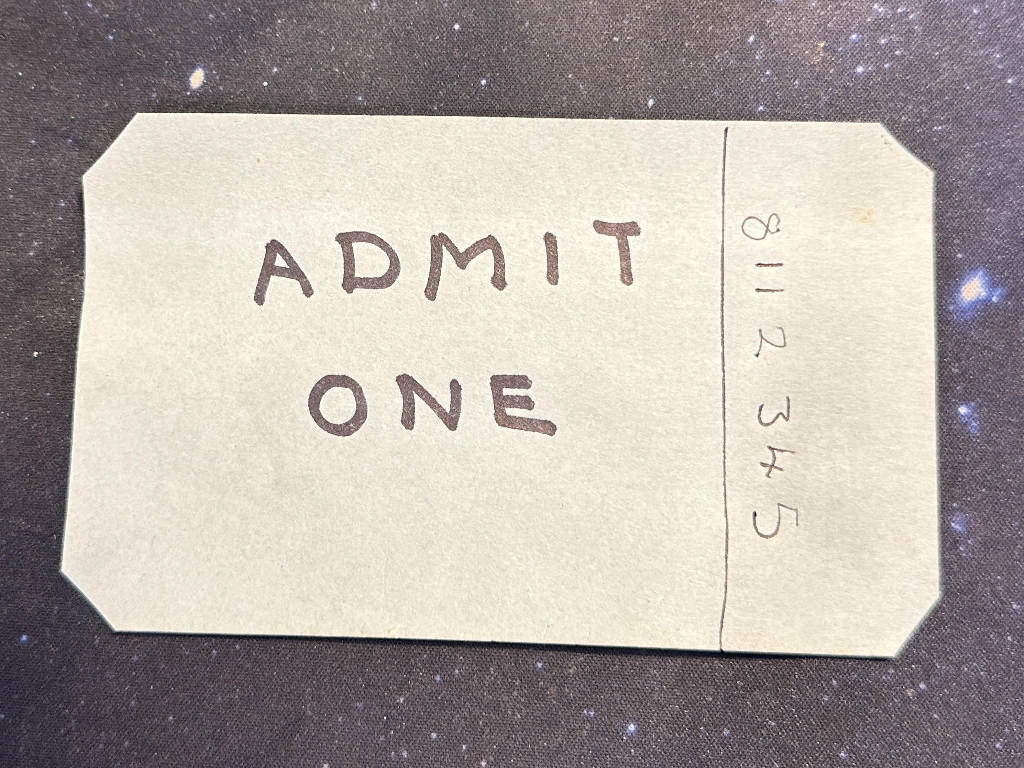
It is not always easy to find out where to buy tickets from, especially if you can’t read the language.
Even if you find the right place, don’t be fooled by buying a ticket from the person standing on your side of the desk but talking to the ticket man on the other side.
How we were scammed
We once got fooled into getting an unofficial taxi because we thought he worked at the taxi place. He was at the hotel desk chatting to the lady behind the desk and sold us the ticket in front of the lady. It was only later that we realised he hadn’t been on the right side of the desk, and although the lady was aware of what was going on, she did nothing.
I have heard of similar things happening when tours are sold right in front of official guides, but they allow it to happen because they are related.
If you buy fake tickets or border passes, you will be unable to use them; the tour will be substandard, or even worse, it can put you in a dangerous situation. You don’t want to go on a tour that tells you it is safe to swim in the water and then come face-to-face with a crocodile.
What should you do-
- If you buy tours online, only do so when you have researched enough to know they are genuine and have good reviews.
- At attractions and border crossings, always buy your ticket from a person behind the desk. Don’t be fooled by someone selling tickets to those in the queue.
- Don’t be fooled by people who dress up in what looks like official clothes but are not behind the ticket desk.
- Never buy tickets from people claiming to sell tickets at discounted rates or that your ticket will allow you to jump the queue.
Fake or police officers on the take
It is very hard to tell who the official people are when you are not used to what the different uniforms look like when you are abroad. There have been reports of fake police officers asking to see passports and refusing to give them back until you pay a fine or a bribe. Sometimes, these people are not even fake policemen but real ones.
What should you do-
- Hold your passport up so they can look at it, but don’t let go of it.
- Ask if you can see their ID if they talk about a fine.
- If they say you need to pay a fine, agree, but only pay at the police station. The fake ones or those trying to make a bit extra money on the side will then usually go away.
Note that in many countries, it is the law to always carry an ID with you. Sometimes, the ID can be a photocopy, but the original is often required.
Nightlife

Meeting up with others, having a good evening, drinking, and chatting are essential parts of travelling for many people, but be careful.
Common scams
- You make friends with a person, and you both have drinks; later in the evening, the other person disappears, leaving you with an enormous bill.
- You have a great evening until you realise your wallet, passport, and a new friend are missing.
What should you do-
- Don’t open a bar tab; pay for your drinks as you go along.
- Don’t get so drunk you can’t keep a close eye on your belongings.
- Be suspicious if someone is being very friendly.
- Don’t leave your bag behind with your new friend while you go to the toilet.
“You now have to pay” scams.
There are several scams in which people do something for you or give you something and then ask for payment.
Types of scams-
- Someone dressed like a monk gives you a bracelet.
- Someone cleans your shoes (after someone squirted something on them).
- Someone gives you a sprig of flowers and demands money, or you will be cursed.
- Someone asks you to sign their petition and then says you have agreed to pay them.
- You look lost; someone offers to show you the way and then asks for money.
- At a tourist attraction, someone might start talking to you about the local history; they then walk beside you, explaining more and before you know it, they are your tour guide and expect payment.
- Drawings are placed on the floor in crowded areas where they can easily be stood on. If you stand on them, you will be charged for them.
- A beggar puts a see-through cup in the middle of the path, and when you knock it over, you feel obliged to add some extra money.
- If a person drops something, you pick it up and return it to them. They are so “grateful” that they offer to do a small service for you (e.g., offer to polish your shoes) and then demand a large payment.
what should you do
- If someone gives you something and then puts their hand out for money, immediately hand it back. If they start shouting and won’t take the item back, drop it on the floor and walk away.
- If they threatened to curse you, remember if they had some powerful magic, they wouldn’t be wasting their time threatening you.
- Never sign petitions, especially ones you can’t read; you never know what you are signing.
- If someone starts walking with you to show you the way or act as your tourist guide, it can be tricky to handle. This has happened to us a few times. In the first few moments, you can’t tell if someone is being helpful or is trying to scam you. I don’t want to be rude to someone who is being kind. Thank the person. If they were giving directions, ask them which way to go, then do something else. Make a pretend phone call, stop and eat a snack, go into a nearby shop, sit down for a rest, and get something out of your bag to read. If they still wait, walk away in the opposite direction towards more people. The scammer will realise you are not a soft touch and try the next tourist.
A common problem is when people are invited into a shop and offered tea. They then feel obliged to buy something. This isn’t a scam but a way of doing business in some parts of the world. By accepting the tea, you are showing you are a serious buyer. Don’t accept tea unless you plan to buy.
Switching items
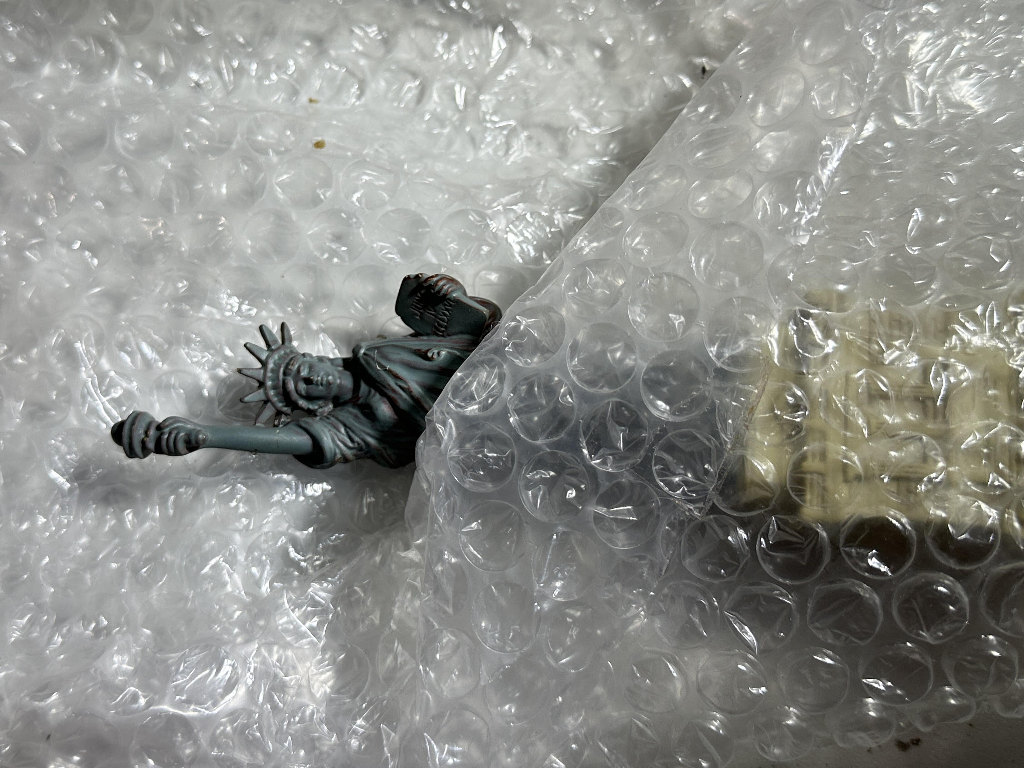
There have been a few stories of people buying a souvenir abroad, but when they get home, they unwrap the parcel and find something different in it, not the nice thing they brought or the item is broken, and there are no broken-off bits in the wrapping, so it was swapped.
What should you do-
- Watch while they wrap your gift up.
- If they take the gift out of your sight to wrap, unwrap it while you are still in the shop and check.
The sob story
Across the world, people beg for money, and it is tempting to give money to those who don’t have a welfare system that can help them. However, many of those who beg aren’t the people who need the money the most.
For years, I worked with the homeless, and they would tell me what the other homeless people would get up to. One person begging on the street wasn’t even homeless; he borrowed a friend’s dog and sat outside Tesco each day begging. He could see his house from where he was sitting.
A familiar sob story in Cuba is when a woman begs for milk for her baby. If you go into the shop and buy her some milk, as soon as you have gone, the woman will return the milk and get the money instead. Sometimes, the shop works with the woman. In Cuba, children get free milk until 9 years old; you don’t need to buy milk.
People who beg-
- Might not be genuine.
- Might work for someone else who is exploiting them.
- Might be stopped from going to school so they can beg.
- The toughest guy gets the best begging spot.
What you should do-
- If you see people begging, do the same as you would at home and give money to a charity that can directly help those in most need.
Taking your photo
One scam is when a person offers to photograph your group, and while you are getting sorted out, the man disappears with your phone. This still happens even in the age of selfies.
What you should do-
- Select the right person. Another tourist is less likely to be working a scam.
The last people who took a photo for me were two elderly Americans. I felt my camera was safe as they were too old to run away fast, and we were up a tower with long flights of stairs.
ATM’s
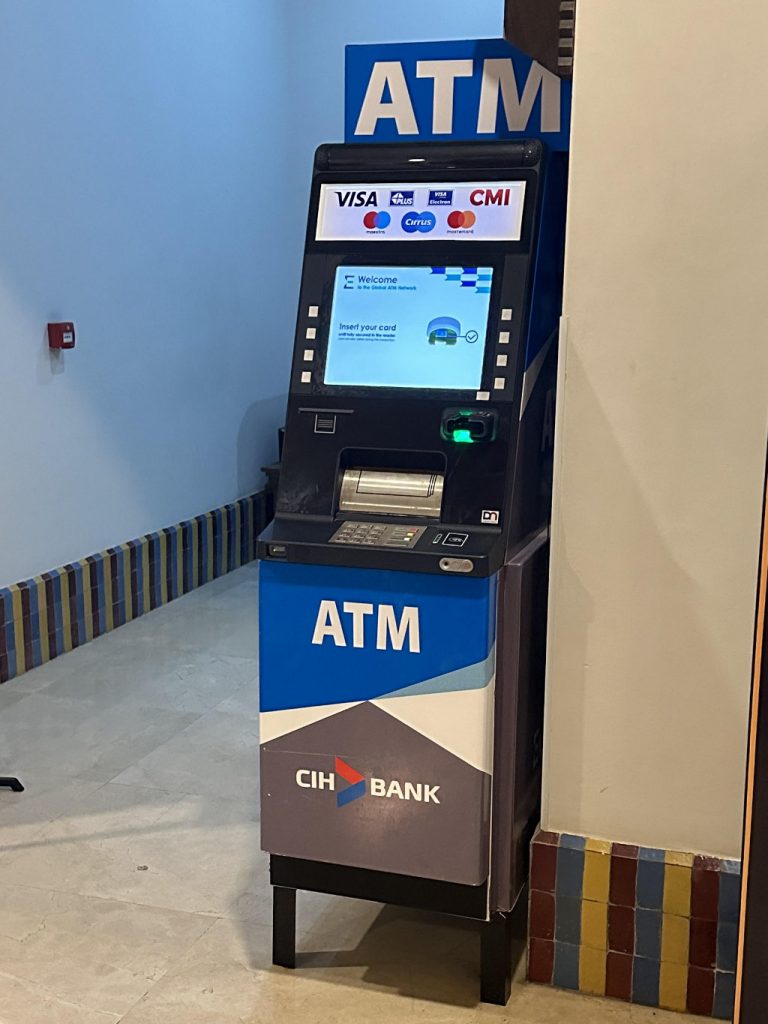
Treat ATMs the same as you would in your own country.
- Look out for ATM scamming devices.
- Don’t use ATMs late at night or in an isolated place where it is easy for someone to rob you.
- Walk away if you feel someone is too interested in what you are doing.
- Use ATMs inside a bank.
- Don’t hand over your card if someone offers to help when you are struggling.
Wi-fi hubs
Free wi-fi can be set up just so your data can be stolen.
What you should do-
- Never access important data such as your online bank when using an unsecured network
- Always use a VPN abroad.
- Ask the staff which wi-fi is the official one
Phone calls in the night
If you are staying at a hotel, be careful of a scam where you get a phone call in the night saying it is the reception and there is a problem with your credit card, and they are trying to sort out your bill.
Because it is the middle of the night, you will be less alert and more likely to give out your precious card details.
What you should do-
- Never give out your card details; tell them you will see them in the morning.
- The phone call most likely came from outside the hotel, so don’t blame the reception desk.
Summary
When I was in Cuba, a man approached me and gave me a flower. I expected he wanted money, but he didn’t ask for anything. Later that day, a man chatted with us for twenty minutes while we walked along the shops. We expected him to ask for money, but he didn’t. Once he was gone, we realised he did want to practise his English, as he had said. Not everyone you meet is out to scam you.
There are many nice, helpful people in the world, but unfortunately, a few people are either desperate or unscrupulous and target tourists as soft wealth prey.
Have fun on your holiday, but stay vigilant.
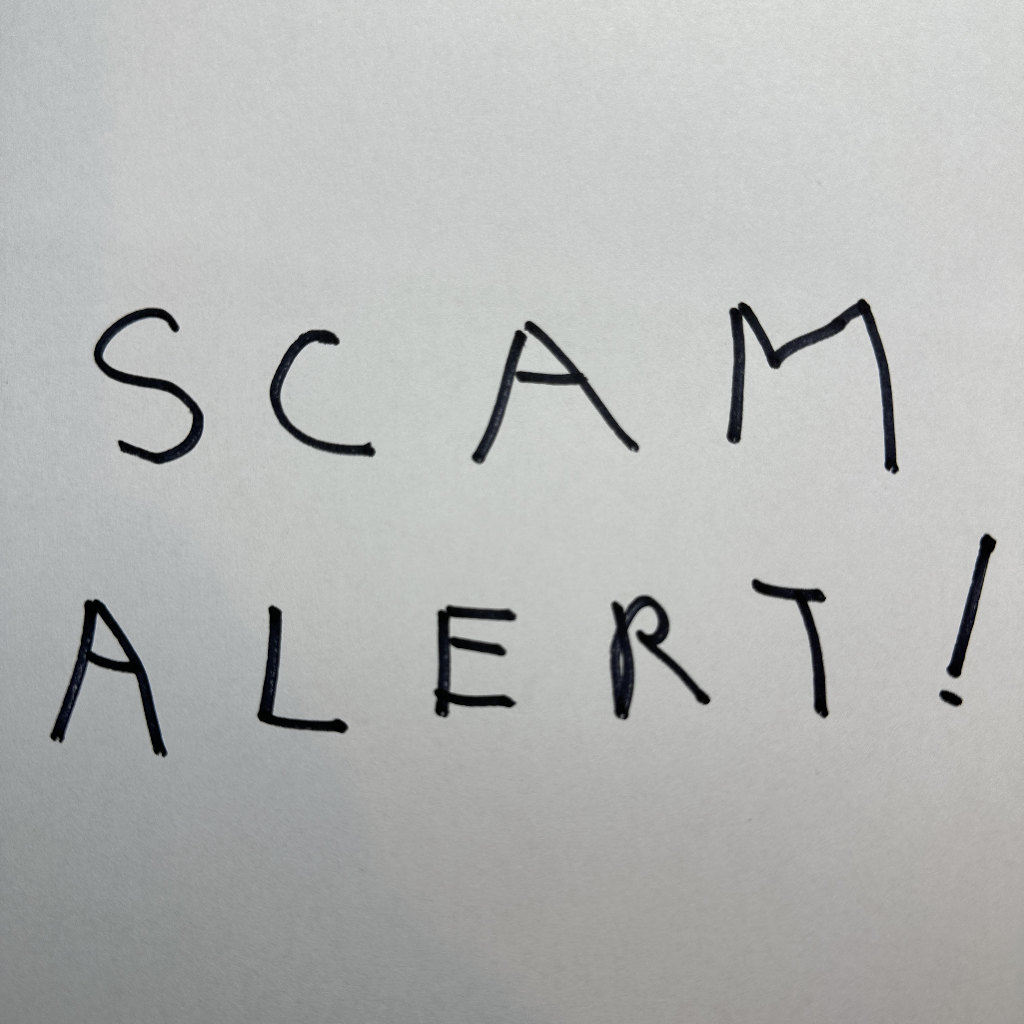
Leave a Reply